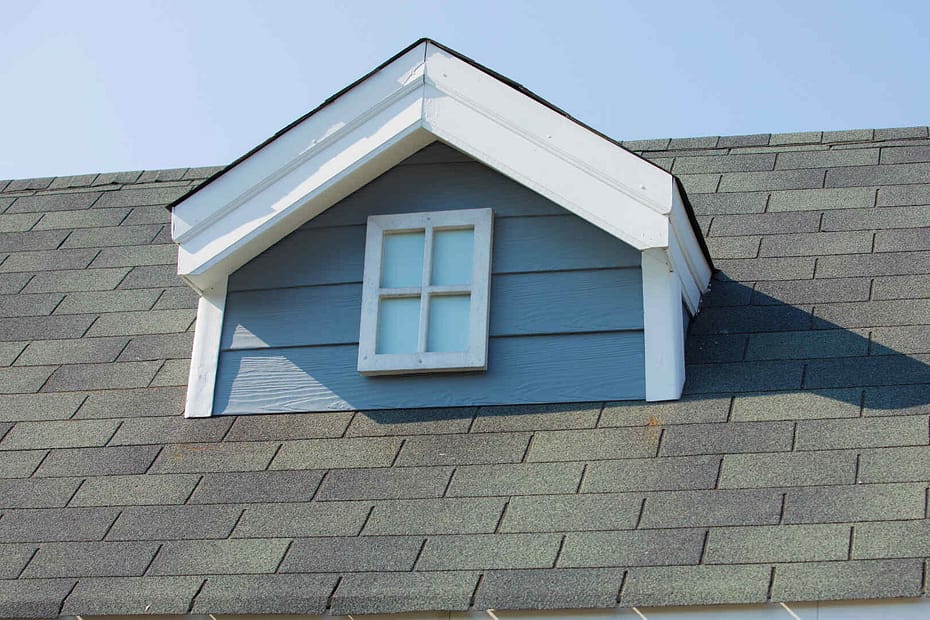An asphalt roof is made from a base of fiberglass or organic felt, coated with asphalt, and topped with mineral granules. It’s popular for its affordability, durability, and versatility in residential and commercial settings.
Table of contents
What is Asphalt?
Ah, asphalt—a word often heard, but do you really know what it is? Let’s start with the basics. Asphalt is a complex mixture primarily composed of hydrocarbons, along with other elements such as oxygen, nitrogen, and sulfur. Essentially, it’s a byproduct of the petroleum refining process.
Now, what makes it a star player in roofing? Two key properties: waterproofing and adhesive capabilities. Asphalt is inherently water-resistant, a crucial trait for any roofing material aiming to keep the elements at bay. This waterproof nature stems from its complex molecular structure, which is highly hydrophobic, meaning it repels water.
Its adhesive properties are another win. Asphalt serves as an excellent binder, enabling various roofing materials like shingles or gravel to firmly adhere. This leads to enhanced stability and longevity of the roofing structure.
Asphalt Raw Materials
The primary component of asphalt is crude oil. This fossil fuel undergoes a refining process to produce a multitude of products, one of which is asphalt’s base material. Additives and fillers, such as limestone or sand, are often mixed in to enhance its properties.
How is Asphalt Roof Made?
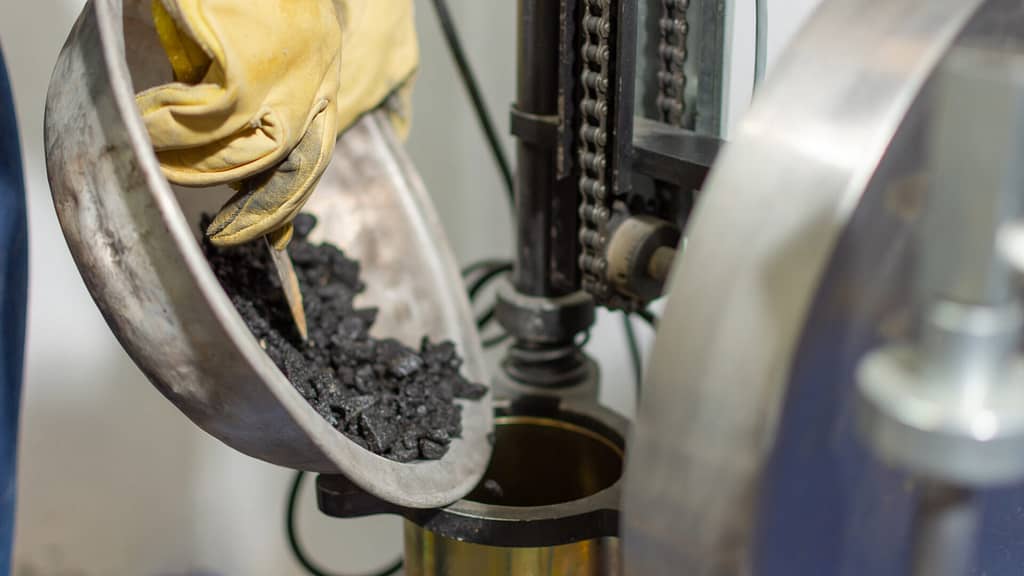
You might understand how manufacturers create asphalt, but have you ever wondered how they make asphalt roofing? The process specializes in crafting a product designed for durability and long-term resistance to the elements.
The journey begins with a fiberglass or organic felt material that serves as the base. Manufacturers saturate and coat this base with asphalt to form the core layer. To improve durability, they modify the asphalt with elastomers or other polymers. Finally, they top the core layer with granules, typically crafted from crushed stone or minerals, to offer UV protection and color.
Who Makes Asphalt Roofing?
If you’ve ever wondered who’s responsible for manufacturing the durable and versatile asphalt roofing that graces so many homes and commercial buildings, you’re not alone. Asphalt roofing comes from a variety of manufacturers, each contributing specialized knowledge, technologies, and standards to the industry.
- Leading Manufacturers: Prominent companies in the asphalt roofing sector include names like GAF, Owens Corning, and CertainTeed.
- Smaller Players: These companies often focus on catering to specific geographic or aesthetic requirements, providing an array of options for discerning consumers.
Standards and Certifications
To ensure you’re getting top-notch asphalt roofing products, look for certifications such as ASTM (American Society for Testing and Materials) or UL (Underwriters Laboratories). These indicate that the roofing material has passed rigorous quality and safety tests.
Types of Asphalt Roofing
Asphalt roofing isn’t a one-size-fits-all solution; it comes in various forms, each with its own unique set of advantages. Whether you’re looking to roof a cozy cottage or a sprawling commercial complex, there’s likely an asphalt option tailored to your needs.
Shingles
The most commonly seen type of asphalt roofing, shingles come in a variety of styles:
3-Tab Shingles
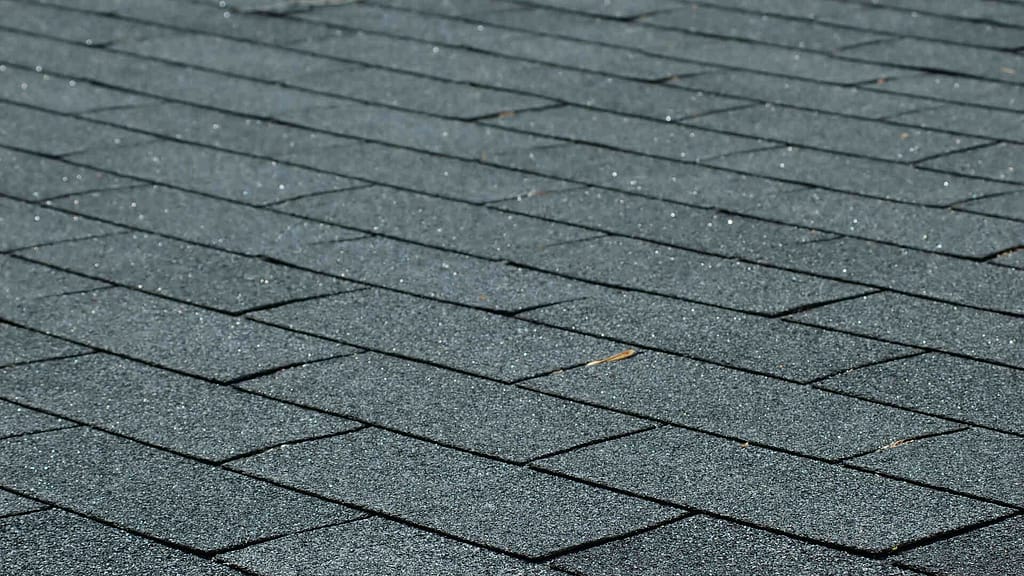
When it comes to asphalt roofing, 3-tab shingles hold a unique spot as one of the most economical and straightforward options available. These shingles are called “3-tab” because they come in a single strip with three tabs, or individual flaps, that have the appearance of being three separate pieces.
Architectural/Dimensional Shingles
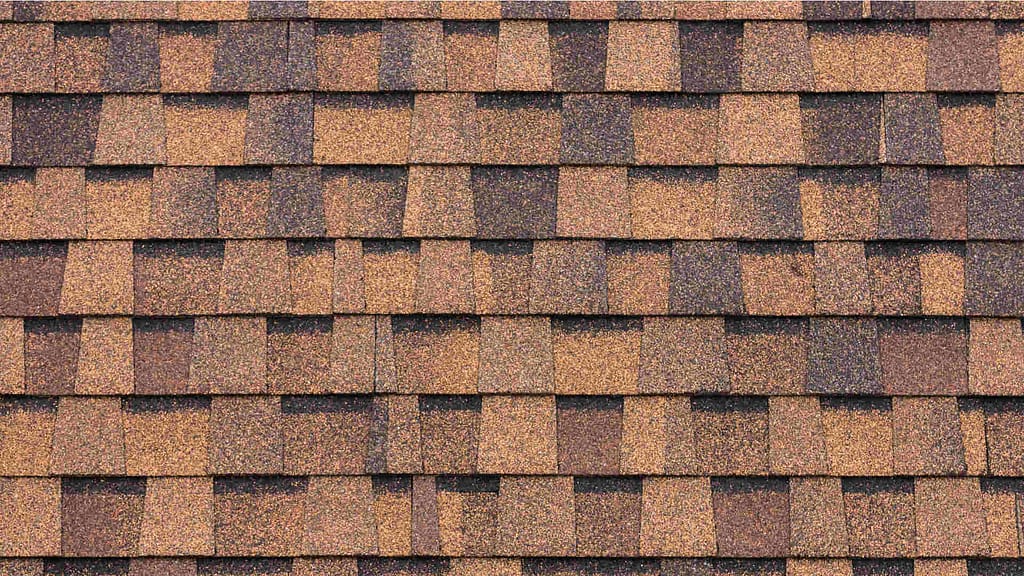
Unlike their 3-tab counterparts, which are flat and uniform, architectural shingles boast a multi-dimensional texture. They consist of multiple layers of material which manufacturers laminate together. This design adds not only a visual depth to the shingles but also enhances their durability.
Premium/Luxury Shingles
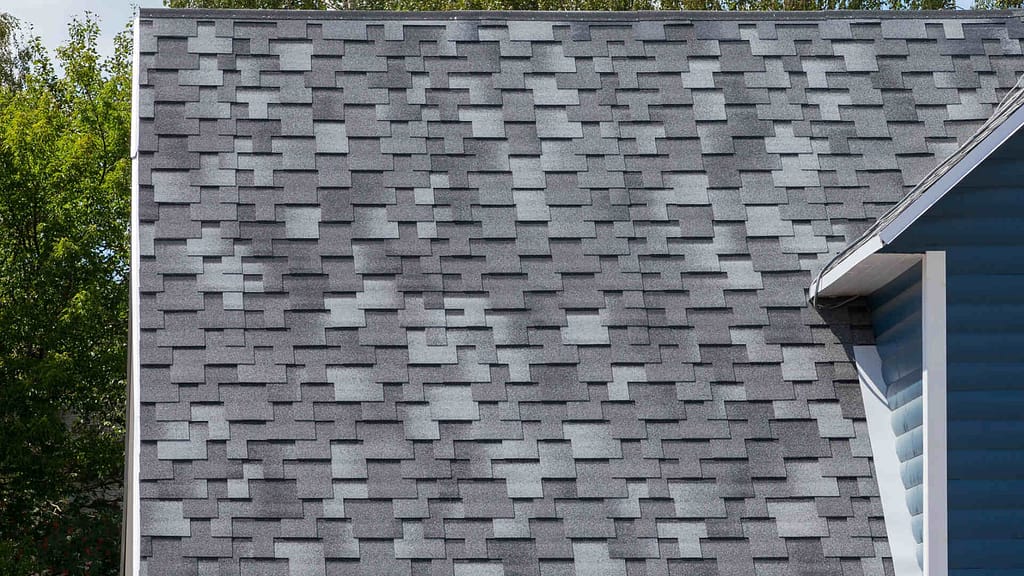
Premium shingles are the crème de la crème of asphalt roofing materials. They often incorporate advanced technology and superior craftsmanship to mimic the look of more expensive, natural materials like slate or wood shakes. But what truly sets them apart is their unmatched durability and added features, such as increased wind resistance and improved energy efficiency.
Roll Roofing
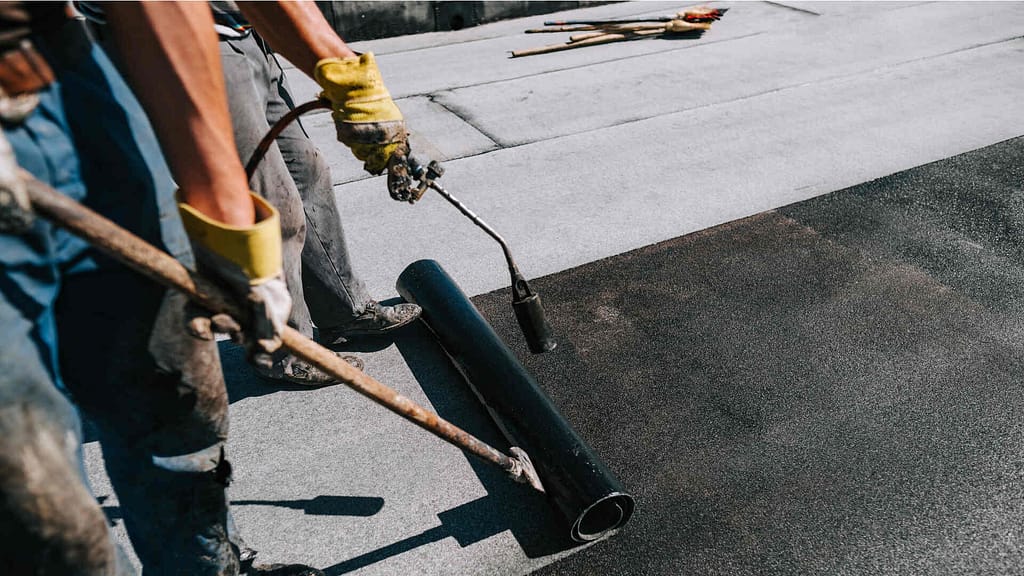
Less commonly seen but still important, roll roofing is a cost-effective solution typically used on low-slope roofs, such as on sheds or commercial buildings. Made from the same material as shingles, roll roofing is easier to install but generally less durable. Typically you will see roll roofing in states such as Oklahoma, Missouri, and Kanas. It might be time to consider upgrading your roll roofing as it’s becoming less common. See recent Oklahoma Roof Replacement Costs in minutes with our free calculator.
When to Consider an Asphalt Roof?
Asphalt roofing is a versatile material with applications that go beyond just residential homes. But as with any material, it comes with its own set of ideal conditions and scenarios. Understanding these can help you make an informed decision that saves you time, money, and potential headaches down the road.
Let’s delve into some of the most common circumstances where asphalt roofing proves to be an excellent choice.
Budget Constraints
When finances are a significant concern, asphalt roofing stands out for its budget-friendly nature. Unlike high-end materials like slate or metal, asphalt offers a balance between cost and durability. This makes it an especially appealing choice for homeowners or property managers working under tight financial constraints.
Asphalt shingles are readily available, and their lower material and installation costs mean you don’t have to compromise quality for affordability. To help you get an immediate sense of what this could mean for your wallet, we offer a free roofing cost calculator for quick and convenient pricing estimates.
Moderate to Steep Sloped Roofs
The design of asphalt shingles allows them to excel on roofs with moderate to steep slopes. These slopes help to channel water away effectively, reducing the likelihood of leaks or water damage.
Flat roofs or those with very low slopes may not be ideal for asphalt shingles, as these conditions can lead to poor water runoff. In such cases, other roofing options like built-up roofs or modified bitumen may be more appropriate.
Standard Climate Conditions
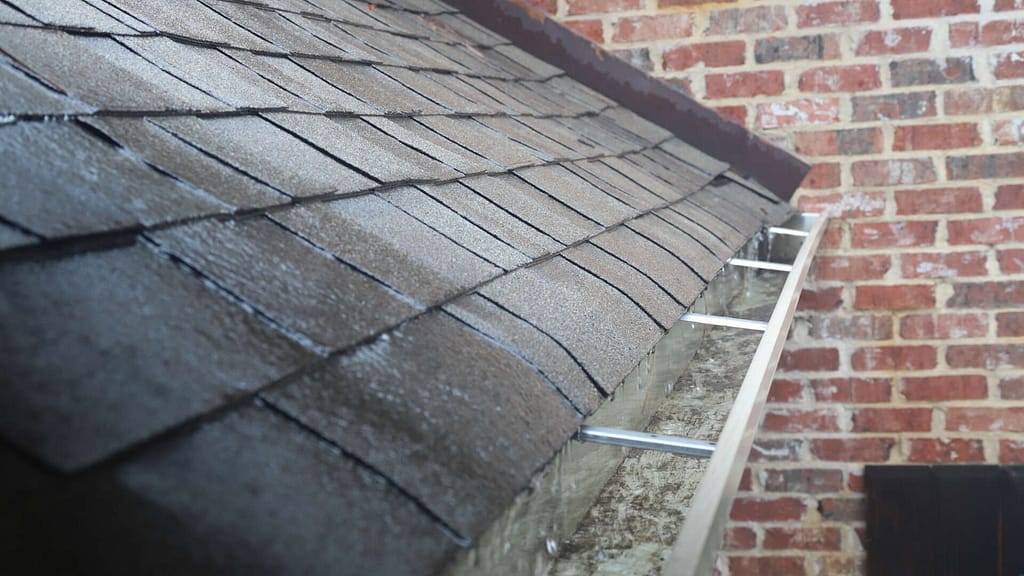
Asphalt roofing performs best under moderate climate conditions, where extreme temperatures and humidity levels are less of a concern. The material is built to withstand common weather elements like rain, snow, and moderate winds.
However, if you live in an area prone to extreme heat, cold, or damp conditions, you may need to consider special types of asphalt shingles designed for those specific climates, or even different roofing materials altogether.
Quick Installation Needed
There are moments when time is of the essence, such as when you’re prepping your home for sale or trying to beat the winter weather. Asphalt shingles have the advantage of quicker installation times compared to more labor-intensive options like slate or metal.
Most professional roofing teams can complete an asphalt roof within a couple of days, weather permitting, making it an ideal choice when speed is a crucial factor.
Aesthetic Flexibility
While not often discussed, the aesthetic versatility of asphalt roofing is another point in its favor. Asphalt shingles come in various styles, colors, and textures, allowing you to tailor the roof’s look to complement your home’s architecture and color scheme.
Whether you’re going for a traditional, modern, or eclectic look, you’ll find asphalt shingles that match your aesthetic needs.
Maintenance Considerations
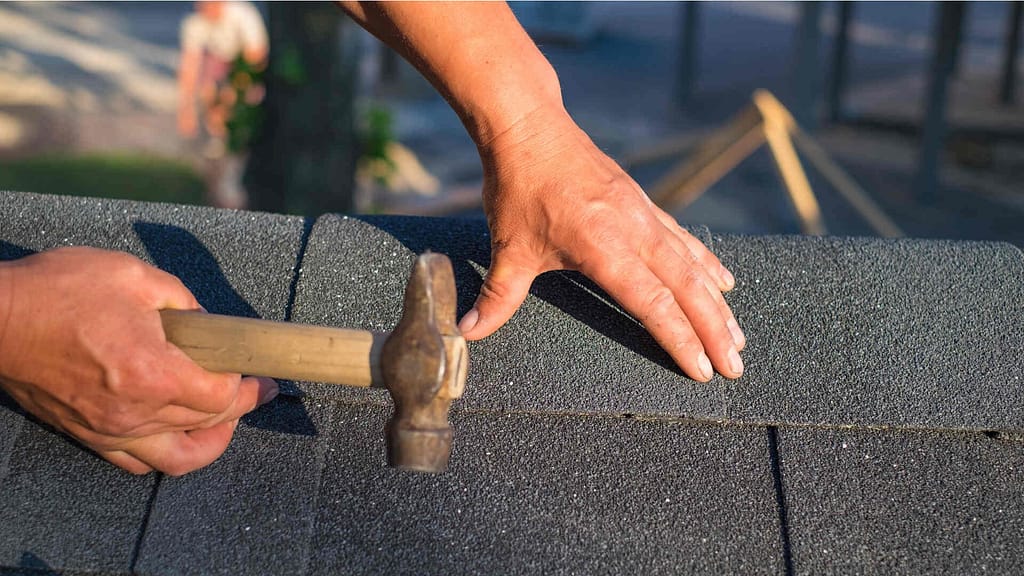
Asphalt roofs generally require less maintenance than other roofing types, another reason they are a go-to for many homeowners. While it’s true that all roofs need some form of upkeep, asphalt usually only requires basic maintenance like gutter cleaning and occasional shingle replacement.
By thoroughly understanding the scenarios where asphalt roofing thrives, you’ll be well-equipped to make a choice that not only meets your needs but also complements your lifestyle and the characteristics of your property.
Conclusion
As you navigate the maze of roofing options, it’s essential to find a solution that aligns with your unique needs and lifestyle. Asphalt roofing, with its myriad benefits and flexible applications, often emerges as a compelling candidate for many.
But remember, the best choices are informed ones. Take the time to evaluate your circumstances and consult professionals in the field. Whether you’re roofing a new property or considering an upgrade, each decision you make is a brick in the house of your life’s quality and comfort.
Fact checked by Jacob Petrosky -9/19/23
